Customer Stories and Case Studies
F5 is trusted by 85% of the Fortune 500*
F5 is trusted by 85% of the Fortune 500*
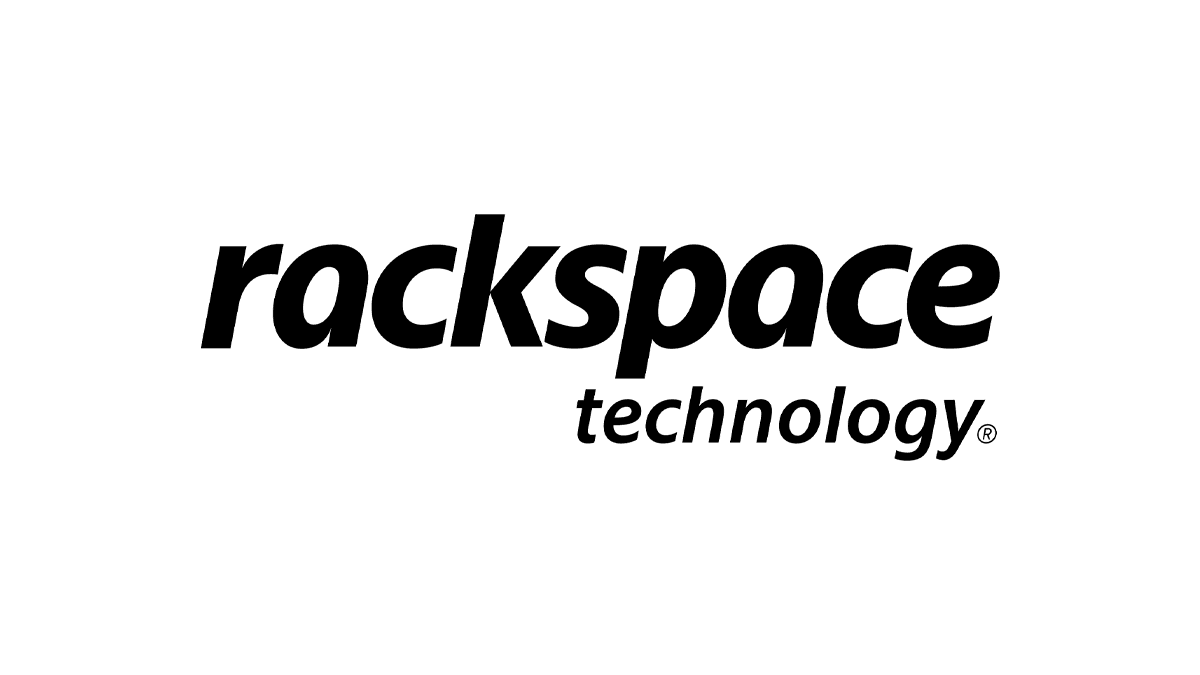




Case study on F5 Distributed Cloud DNS adoption by Mirai Communication Network, a Japanese ISP based in Gifu. Learn about unique requirements, features, and benefits from their Technology Department experts.
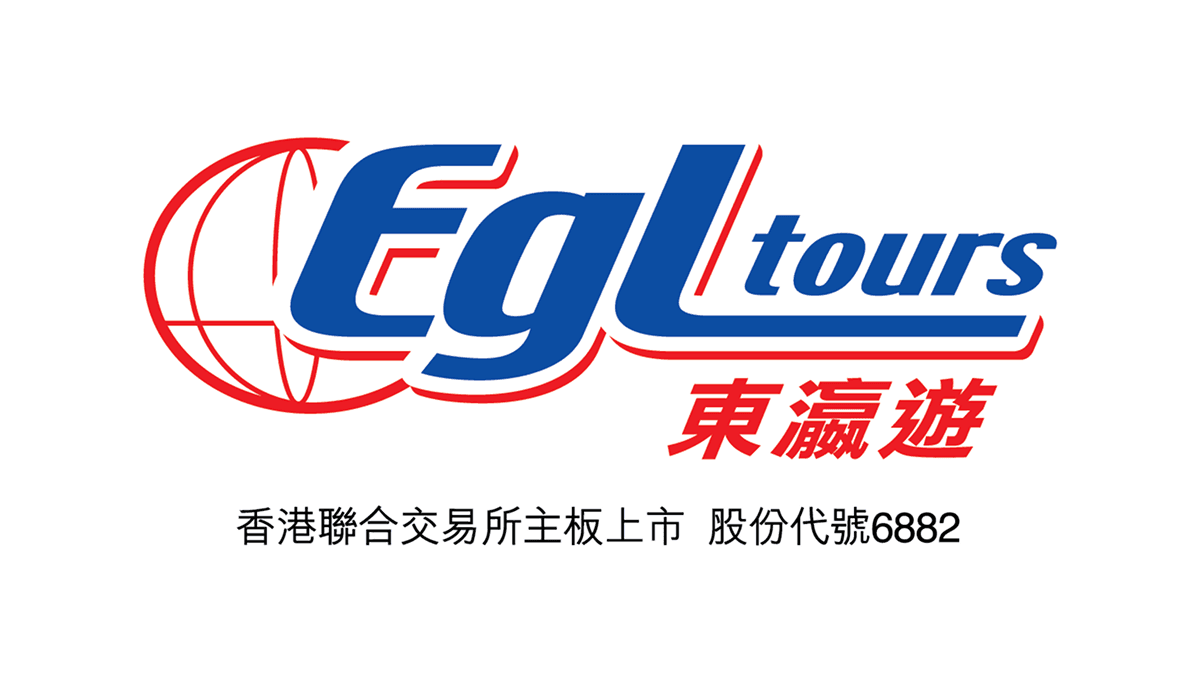
EGL Tours modernized its infrastructure with F5 Distributed Cloud WAAP, enabling secure, scalable travel booking platforms and AI-powered traffic visibility.

Read how Turkcell Global Bilgi enhances cybersecurity and availability with F5 solutions, improving service continuity and defending against cyberattack.

NTUA deployed F5 BIG-IP Advanced WAF and F5 BIG-IP Local Traffic Manager (LTM) to strengthen cybersecurity and ensure reliable access to critical web services.

NDHU modernized its digital infrastructure to secure more than 100 web apps, improve performance, and comply with CSMA mandates using F5 solutions.

Discover how Turkey’s largest digital bank, TOM Bank, achieved rapid growth and ensured security and compliance by implementing a hybrid cloud solution with F5 and NETSYS.

OfficeMax enhances security, optimizes performance, and ensures seamless B2B and B2C transactions with F5 Distributed Cloud Services, securing its digital future.
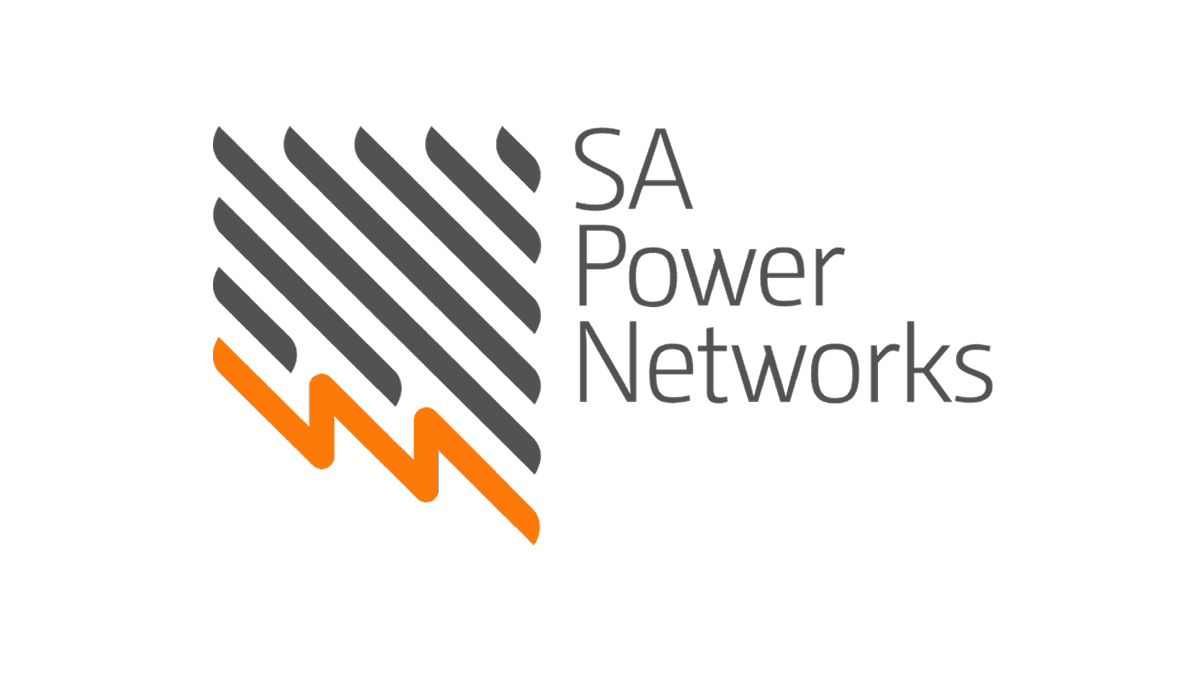
Read how SA Power Networks enhanced OT cloud security with F5 NGINXaaS for Azure, ensuring security compliance and scalability while reducing infrastructure management.
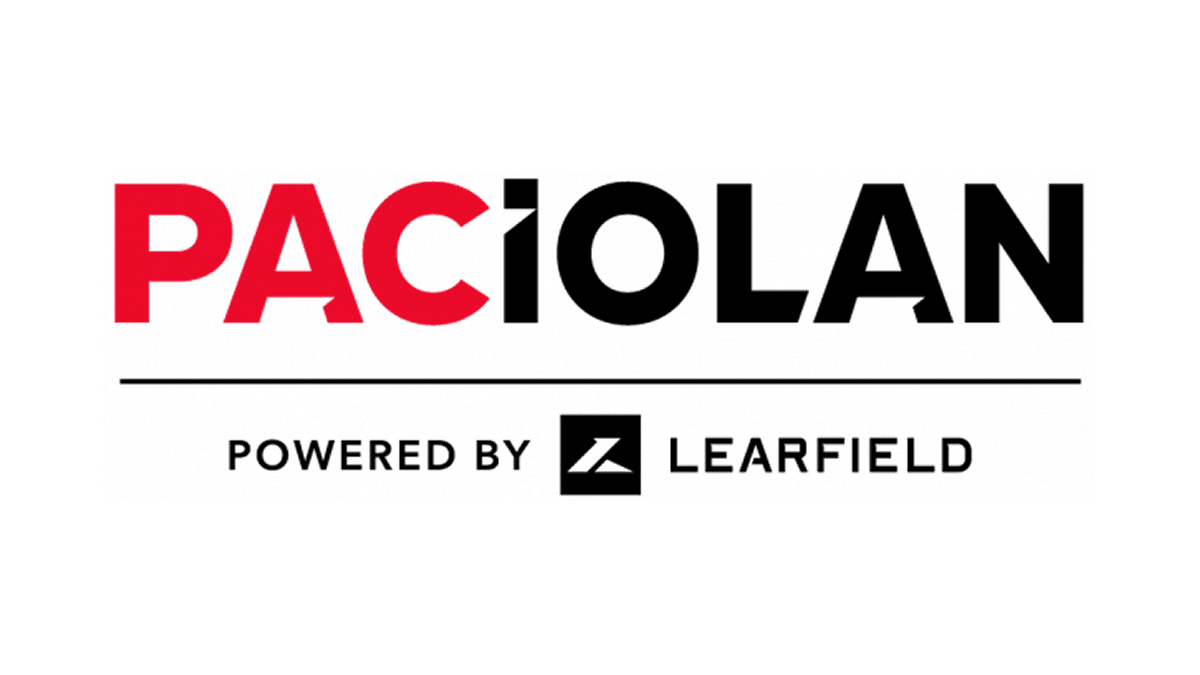
Paciolan, the leading U.S. college sports ticketing solutions provider, delivers fast, secure ticketing with F5 BIG-IP, safeguarding servers against traffic spikes and threats while migrating to the cloud.

Read how the University of Derby migrated to the cloud in just six months with F5 Distributed Cloud Services, improving the digital experience and strengthening security.

The American University in Cairo partnered with F5 to combat rising cyberattacks and support its cloud migration with the F5 Application Delivery and Security Platform.
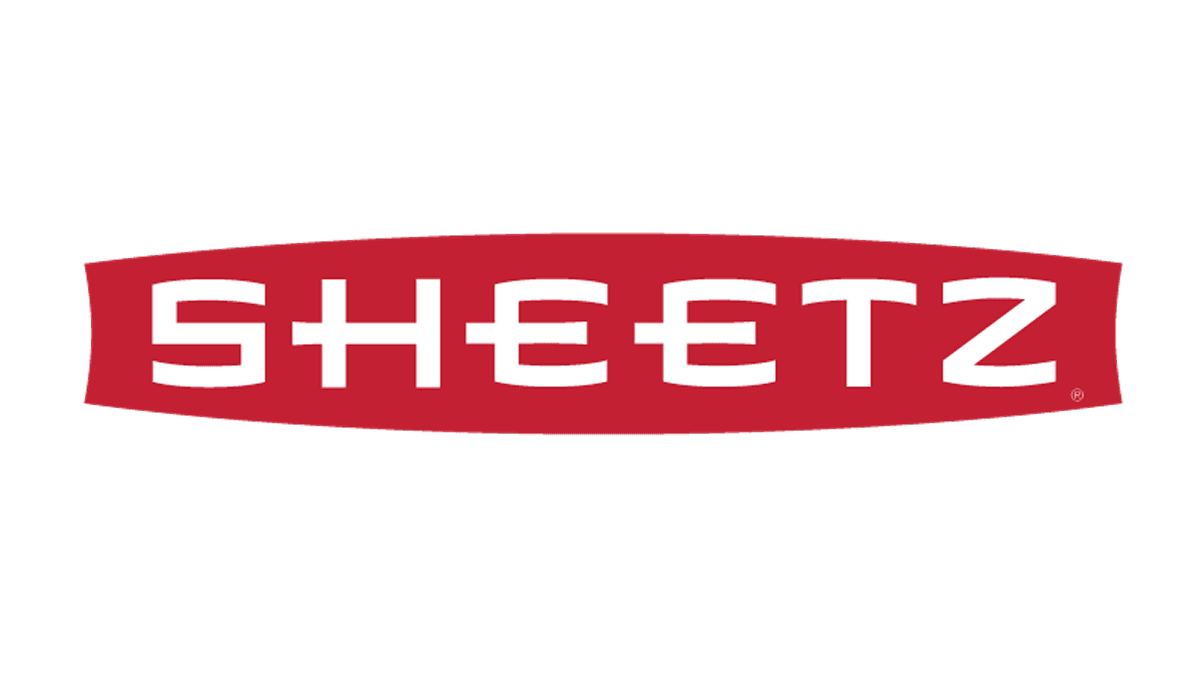
Regional convenience and fuel retailer Sheetz defends itself from automated attacks, boosts app reliability for customers, and supports business growth with F5 Distributed Cloud Services.
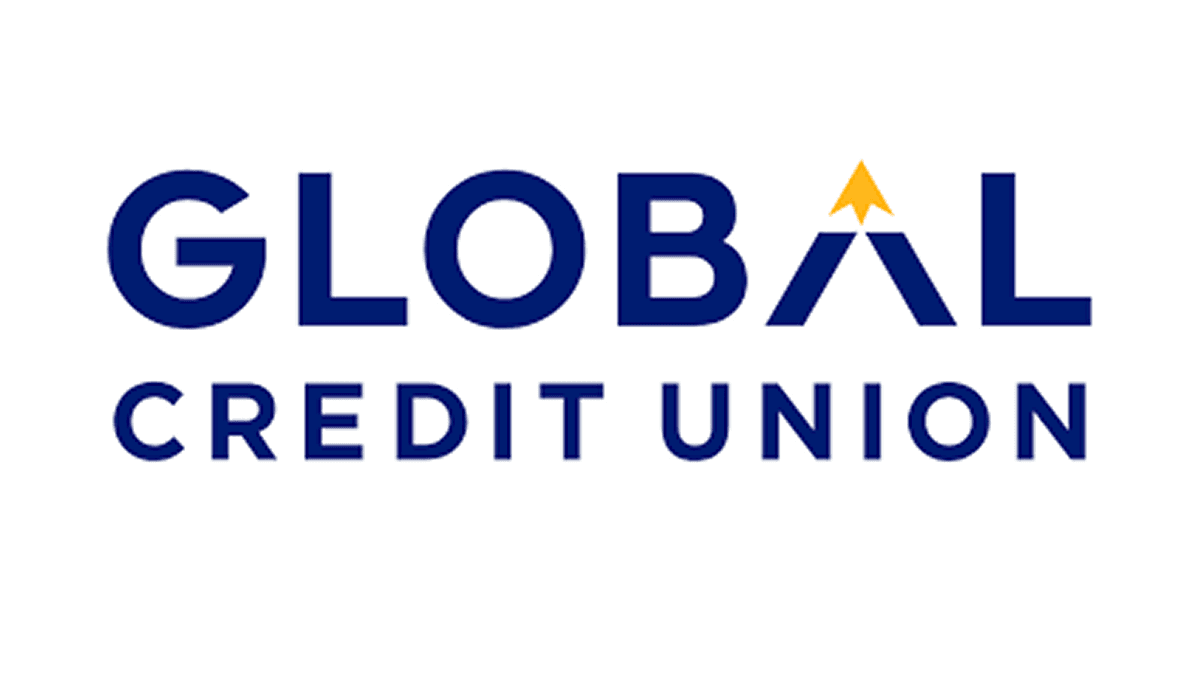
Global Credit Union defends against attacks and facilitates its cloud transition with cybersecurity, networking, and CDN solutions from F5 Distributed Cloud Services.

Read how Mirae Asset Sharekhan reduced costs and improved app security and visibility with F5 Distributed Cloud Services.
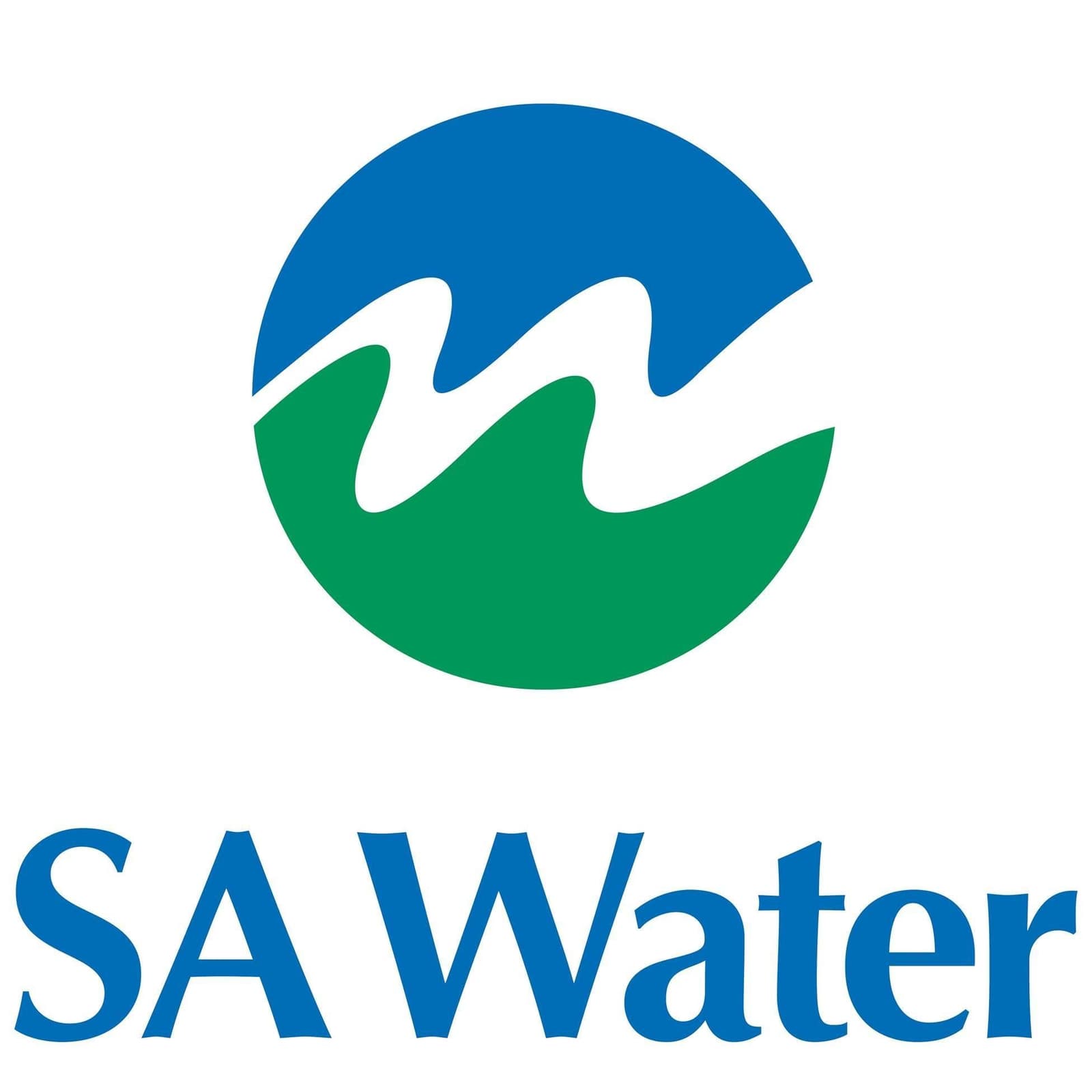
SA Water, a leading government utility in Australia, recently modernized its security infrastructure with F5 Distributed Cloud Services. Distributed Cloud offered a flexible, cloud-native platform that secures their applications and APIs, while reducing operational complexity, and improving overall application performance.
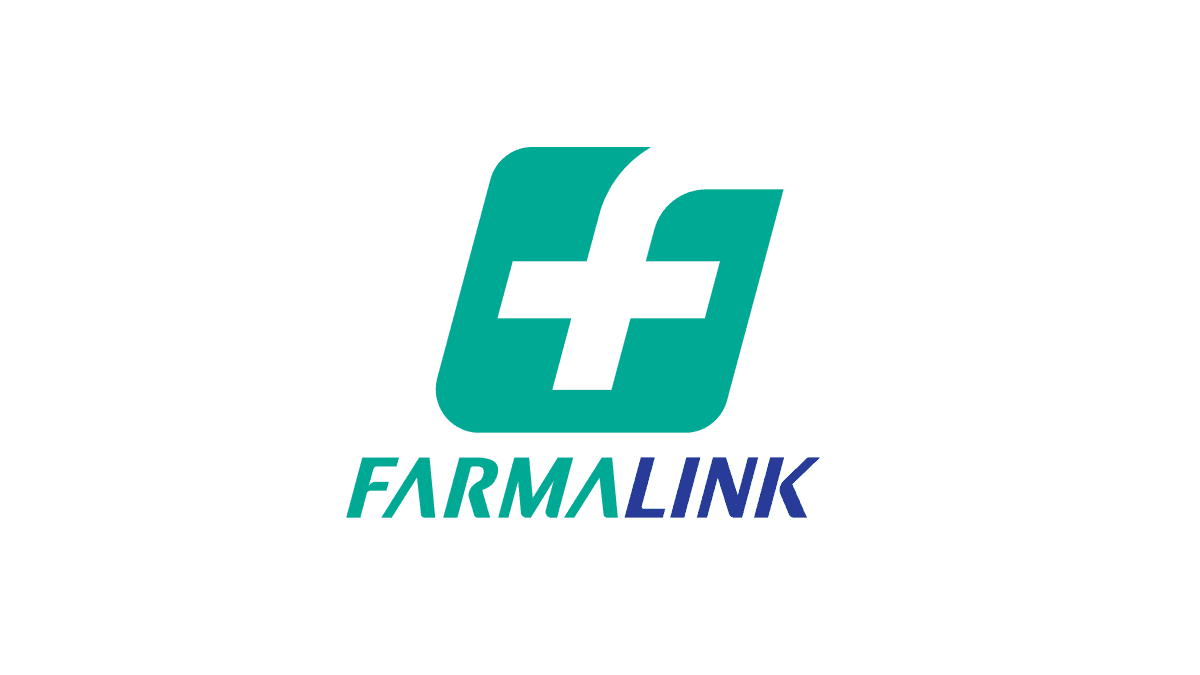
With F5 Distributed Cloud Services, Farmalink expands its multicloud environment to boost resilience and efficiency of the Argentinian healthcare sector.

As more and more customers opt-in to texting as their preferred method of business communication, organizations have scrambled to enable text messaging support at scale without over-extending internal teams that are already stretched thin with day-to-day IT projects and maintenance needs.

Read how telecom provider Viettel Group streamlined its DNS infrastructure to improve security, cut costs, and enable future growth.
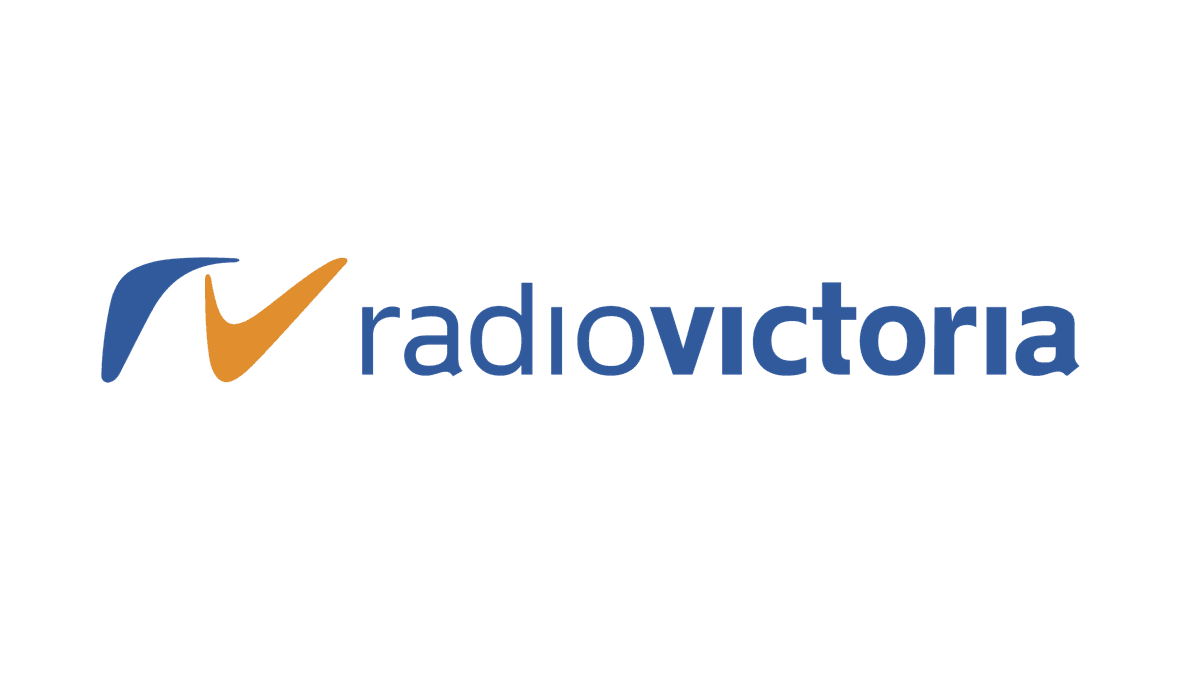
Read how Radio Victoria Argentina migrates to the cloud with F5 for seamless omnichannel experiences, improved security, and efficient operations.

Telefónica Tech secures hybrid and multicloud apps using the F5 Distributed Cloud Platform for a managed service that includes WAF, DDoS, bot, and API protection.

Read how healthcare supplier Cardinal Health used F5 BIG-IP Advanced WAF to protect apps and gain visibility that helps reduce technical debt.

Read how Austrian Lotteries takes a big step toward the cloud by deploying F5 Distributed Cloud Services to provide a secure, compliant environment for customers.

Read how Crawford and Company migrated on-premises data centers to a distributed multicloud environment with F5 Distributed Cloud Services.

Amid the rapid transformations driven by the COVID-19 pandemic, AFFIN BANK embarked on a strategic digital evolution, transitioning from outsourced to insourced IT operations. F5 solutions helped it enhance control, increase multicloud scalability, protect sensitive data, and more efficiently manage infrastructure to respond more swiftly to market demands.

Read how customer and employee experience solutions by Medallia are delivered and secured more quickly and easily with help from F5 NGINX Plus.

To manage and secure its multicloud and on-premises infrastructure, global fitness organization, RSG Group has deployed F5 Distributed Cloud Services. RSG Group owns well-known brands like McFIT, John Reed, and Gold’s Gym. F5 Distributed Cloud Services protect networks and applications while offering uninterrupted, high-performance online experiences. This helps retain current members and attract new customers.
Experience F5 in action by testing our products in your pre-production environment.
Get a free trialWe can assess your needs and connect you with the right cloud provider, reseller partner, or F5 sales engineer.
Contact F5We're dedicated to building partnerships that drive your business forward.
Find a partner